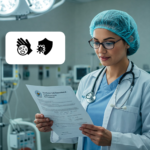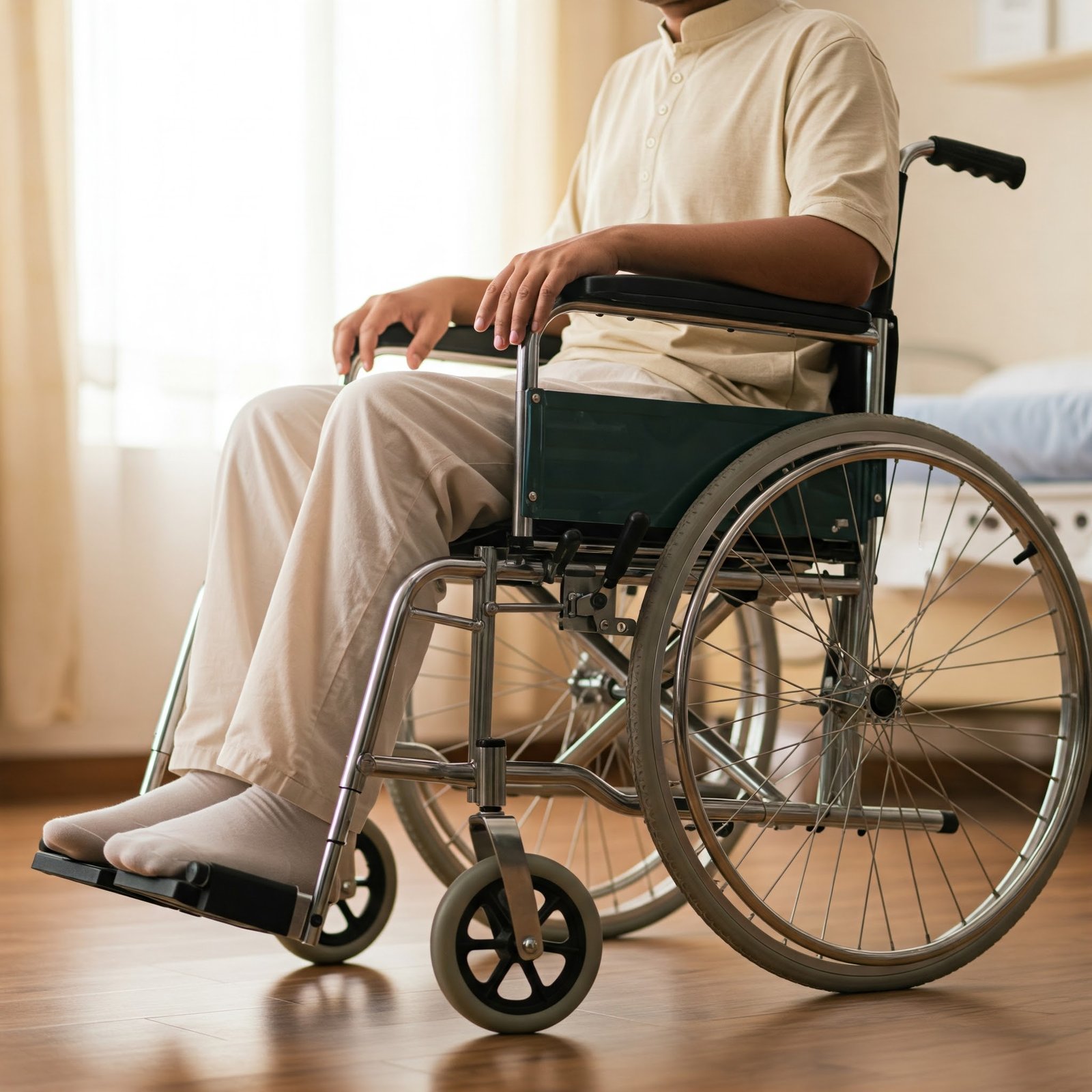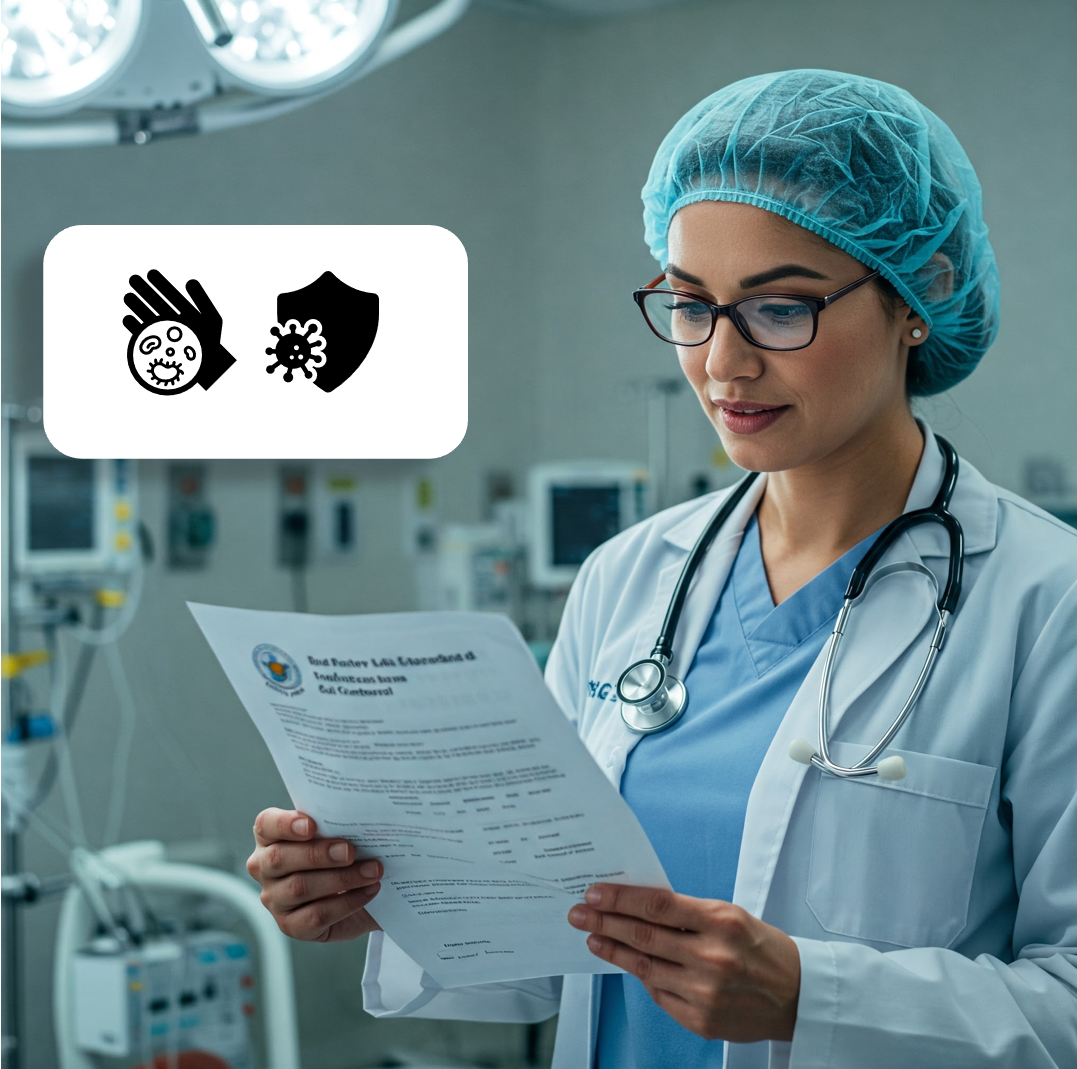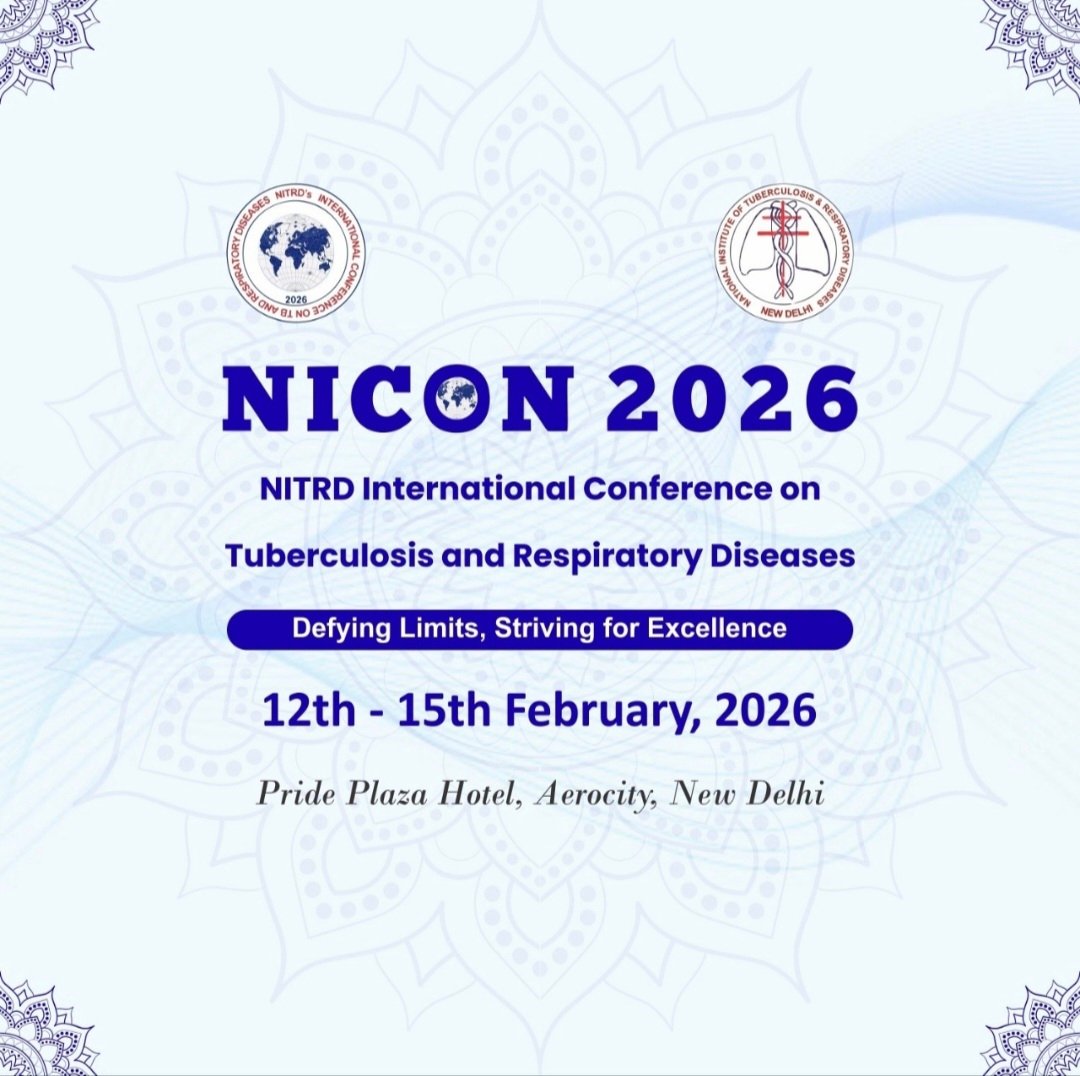Guillain-Barré Syndrome (GBS) is a life-threatening autoimmune disorder characterized by acute neuromuscular paralysis.
Guillain-Barré Syndrome (GBS) is a life-threatening autoimmune disorder characterized by acute neuromuscular paralysis, with an estimated global incidence of 0.81–1.89 cases per 100,000 person-years [Belanti 2024]. In India, recent outbreaks like the 2025 Pune cluster (160 cases, 5 fatalities) have highlighted its public health impact. For microbiologists and clinicians, understanding GBS’s complex interplay with infectious triggers, diagnostic challenges, and evolving treatment paradigms is critical – particularly in resource-constrained settings where delayed recognition increases mortality risks.
Epidemiology in the Indian Context
GBS accounts for 41.5% of acute flaccid paralysis cases in pediatric populations across northwestern India [Nagaraj 2016], with studies showing:
- Male predominance (68.5% vs 31.5% female)
- Rural prevalence linked to limited healthcare access [Mateen 2011]
- Mortality rates of 9% in children, primarily from respiratory failure [Nagaraj 2016]
Potential Triggers and Pathogenesis:
GBS is believed to be triggered by an autoimmune response where the body’s immune system mistakenly attacks its own peripheral nerves (molecular mimicry). While the exact mechanisms remain incompletely understood, several factors are implicated:
- Infections: A significant proportion of GBS cases are preceded by a variety of infections, most commonly Campylobacter jejuni, but also including cytomegalovirus (CMV), Epstein-Barr virus (EBV), Mycoplasma pneumoniae, and Haemophilus influenzae. Zika virus and other arboviruses have also been associated with GBS, raising concerns about emerging infectious threats. The molecular mimicry hypothesis suggests that these infectious agents share structural similarities with nerve components, leading the immune system to cross-react and attack the nerves. In India, the prevalence of these infectious agents and their potential role in GBS pathogenesis warrants further investigation. Specific serotypes of C. jejuni, for example, have been linked to a higher risk of GBS.
- Vaccinations: While the association between vaccinations and GBS is a subject of ongoing research and public concern, studies have largely refuted a causal link with most vaccines. The risk of GBS following vaccination is generally considered extremely low and significantly outweighed by the benefits of vaccination. However, continued surveillance and research are necessary to monitor any potential associations, particularly with newer vaccines.
- Other Triggers: Other potential triggers include surgery, trauma, and certain medications. However, these associations are less well-established than those with infections.
Clinical Presentation and Diagnosis:
GBS typically presents with rapidly progressive, symmetrical muscle weakness, often starting in the legs and ascending to the arms and face. Other common symptoms include:
- Paresthesia: Numbness, tingling, or prickling sensations in the extremities.
- Pain: Muscle pain, often described as aching or cramping.
- Loss of reflexes: Decreased or absent deep tendon reflexes.
- Cranial nerve involvement: Facial weakness, difficulty swallowing, or double vision.
- Autonomic dysfunction: Fluctuations in blood pressure, heart rate abnormalities, or bladder and bowel dysfunction.
In severe cases, GBS can lead to respiratory failure requiring mechanical ventilation. Diagnosis relies on a combination of clinical features, electrophysiological studies, and cerebrospinal fluid (CSF) analysis.
- Electrophysiological Studies (Nerve Conduction Studies and Electromyography): These studies assess the function of peripheral nerves and muscles, revealing characteristic abnormalities in GBS, such as slowed nerve conduction velocities and abnormal electromyographic activity. These studies are crucial for confirming the diagnosis and differentiating GBS from other conditions.
- Cerebrospinal Fluid (CSF) Analysis: CSF analysis typically shows elevated protein levels with a normal cell count (albumino-cytologic dissociation), a hallmark of GBS. However, this finding may not be present in the early stages of the disease.
- Clinical Examination: A thorough neurological examination is essential to assess the pattern and severity of muscle weakness, identify any sensory deficits, and evaluate cranial nerve function.
Management:
The management of GBS focuses on supportive care and immunomodulatory therapies.
- Supportive Care: Supportive care is crucial for managing the complications of GBS, particularly respiratory failure and autonomic dysfunction. This includes:
- Respiratory Support: Close monitoring of respiratory function and prompt initiation of mechanical ventilation when necessary.
- Cardiovascular Monitoring: Monitoring for cardiac arrhythmias and blood pressure fluctuations.
- Pain Management: Adequate pain relief using appropriate analgesics.
- Nutritional Support: Maintaining adequate nutrition through enteral or parenteral feeding.
- Prevention of Complications: Preventing pressure sores, infections, and thromboembolic events.
- Immunomodulatory Therapies:
- Intravenous Immunoglobulin (IVIg): IVIg is a pooled human immunoglobulin preparation that is believed to work by modulating the immune system. It is considered a first-line treatment for GBS and has been shown to improve outcomes.
- Plasma Exchange (Plasmapheresis): Plasmapheresis involves removing and replacing plasma, which contains antibodies that attack the nerves. It is another effective treatment for GBS, particularly in patients who do not respond well to IVIg.
Prognosis:
The prognosis of GBS varies. While most patients recover significantly, some may experience residual weakness or disability. Early diagnosis and treatment are associated with better outcomes. Long-term follow-up is essential to monitor for any persistent neurological deficits and to provide appropriate rehabilitation support.
Challenges
| Environmental reservoirs: Water contaminated with pathogens like C jejuni | Boiling water before consumption; Water chlorination |
| Food safety failures: Street food could be contaminated with C jejuni | Food hygiene; ensure food is properly cooked |
| Contaminated poultry | avoid consuming undercooked meat (chicken) |
| Diagnostic delays: Median 8 days from symptom onset to ICU admission | active surveillance, increase awareness amongst clinicians |
| Limited access to specialized neurological care | active surveillance, increase awareness among clinicians – rapid referral process |
| Availability of IVIg and Plasmapheresis | Support from Government & aid agencies |
| Limited Rehabilitation support | Community support |
| Pathogen surveillance: 45% of Indian GBS cases lack identified triggers | More research funding |
GB syndrome in simple language
| What is Guillain-Barré syndrome? Guillain-Barré syndrome is a disorder where the body’s immune system mistakenly attacks part of the nervous system. It’s like your body’s defense system getting confused and turning against your own nerves. Key features of GBS: Rapid onset: Symptoms can develop very quickly, often over days or weeks.defence Muscle weakness: It usually starts in the legs and can spread upwards to the arms and face. Tingling sensations: Many people experience numbness or tingling in their extremities. Potential breathing problems: In severe cases, it can affect the muscles used for breathing. What causes it? The exact cause isn’t always clear, but GBS often occurs after an infection. Common triggers include Stomach or chest infections. Who can get it? GBS can affect anyone, but it’s more common in: Adults, especially older adults (50 years and above). Males slightly more than females. Treatment and recovery While there’s no cure, treatments can help manage symptoms and speed up recovery: Hospital care is usually needed. Treatments may include plasma exchange or immunoglobulin therapy. Physiotherapy to regain strength and movement. Most people recover from GBS, but it can take weeks to years. Some may have lasting effects, but many return to their normal activities. Remember, while GBS is serious, it’s also very rare. If you’re concerned about symptoms, it’s always best to consult with a healthcare professional. |








